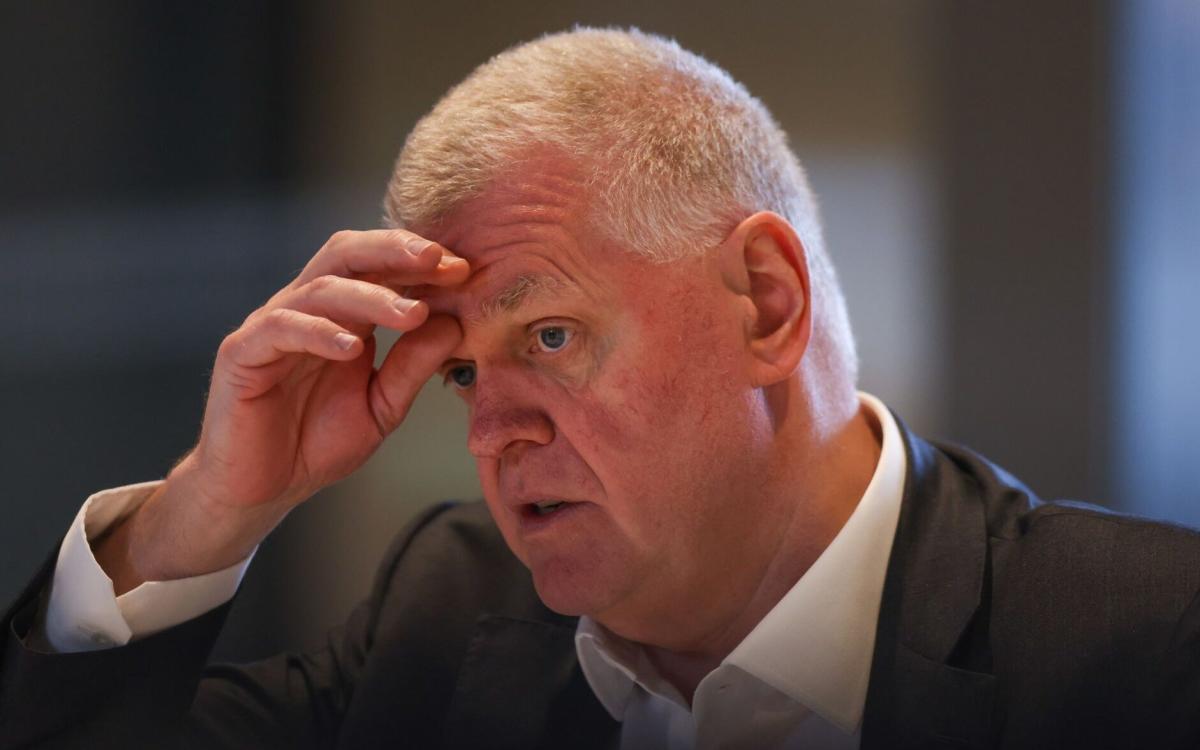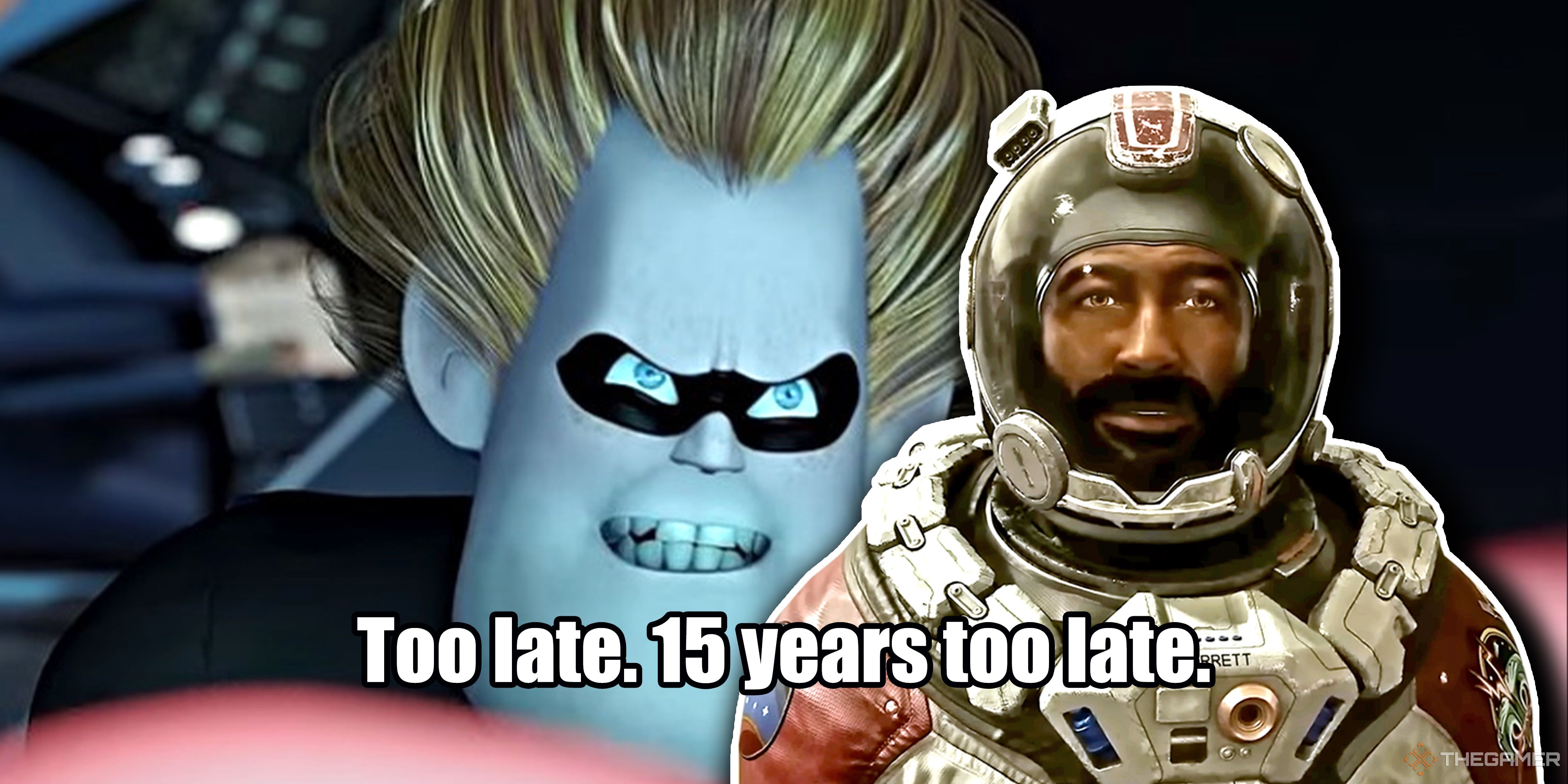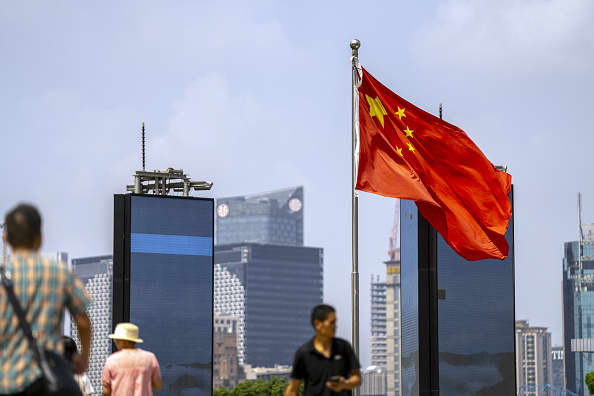The world is at a “tipping point” on debt that threatens to spark a global reckoning after years of government borrowing binges, the boss of HSBC has warned.
Noel Quinn, chief executive of the bank, which is one of the world’s biggest, said countries risked being “hit hard” after allowing borrowing to balloon in the wake of the financial crisis and pandemic.
Speaking at the Future Investment Initiative Institute’s summit in Saudi Arabia, known as Davos in the Desert, Mr Quinn said the current rate of borrowing was unsustainable.
He said: “I’m concerned about a tipping point on fiscal deficits. When it comes, it will come fast and I think there are a number of economies in the world where there could be a tipping point and it will hit hard.”
This embedded content is not available in your region.
Mr Quinn’s comments came as a series of top Wall Street bankers warned about the health of the global economy as the war between Hamas terrorists and Israel threatens to spread across the Middle East.
Larry Fink, the chairman and chief executive of Blackrock, suggested that growing tensions threatened to throw the world into recession.
Speaking at the same event, he said: “There’s no question if these things are not resolved, it probably means more global terrorism, which means more insecurity, which means society is going to be fearful [and] we see contractions in our economies.”
The International Monetary Fund and World Bank sounded the alarm over global debt levels earlier this month, warning that the US and China had put public debt on course to approach the size of the entire global economy by the end of the decade.
Ayhan Kose, the World Bank’s deputy chief economist, described the debt binge since 2010 as “the fastest, most broad based and largest” the world had ever seen. Previous debt waves have all led to financial crises.
This embedded content is not available in your region.
Mr Kose warned that emerging markets were already in the middle of a “silent debt crisis”, where governments are crushed by debt and unable to fund public services.
Mr Quinn also described Europe as “a very low growth economy”, adding that countries including the UK were likely to see higher for longer interest rates to tame inflation.
“The real challenge for Europe is near-term and probably medium-term growth,” he said. “[Europe] will get inflation under control, although there is the potential for a second wave because wage inflation is still not under control in Europe and particularly in the UK. I think we’re all seen evidence of that biting now in our economies.”
Jamie Dimon, the chairman and chief executive of Wall Street giant JP Morgan, called for “some humility about financial forecasting”.
“I want to point out that central banks 18 months ago were 100pc dead wrong,” he told the event in Riyadh.
It came as economists warned France and Germany are dragging the eurozone into recession after a closely-watched survey showed business activity shrank more sharply than expected.
Europe’s largest economies saw a plunge in new orders across manufacturing and services in October as German services firms reported their worst sales for almost three-and-a-half years and France saw the sharpest fall in factory production since May 2020.
This embedded content is not available in your region.
The decline drove a wider fall in private sector output across the bloc, forcing companies to slash jobs.
S&P Global’s flash eurozone purchasing managers index (PMI) fell to a 35-month low of 46.5, representing the biggest drop in output in a decade outside the pandemic.
The drop means activity across the single currency bloc is well below the 50 level that divides growth from contraction and also below the reading of 47.4 expected by economists.
An influential survey of UK businesses also indicated private sector activity fell in October for the third straight month.
Cyrus de la Rubia, chief economist at Hamburg Commercial Bank, which helps to compile the index, warned that the eurozone economy was “moving from bad to worse”.
Giada Giani, an economist at Citi, said surveys were already pointing to the eurozone economy contracting by up to 0.3pc in the three months to September.
She said: “The further drop in October now suggests a similar if not deeper decline in the fourth quarter. This is consistent with our forecast of a eurozone recession which has likely already started and will continue … at the start of 2024.
Ms Giani added that higher borrowing and a weaker jobs market suggested that interest rates in the single currency area have peaked at 4pc.

Jessica Roberts is a seasoned business writer who deciphers the intricacies of the corporate world. With a focus on finance and entrepreneurship, she provides readers with valuable insights into market trends, startup innovations, and economic developments.







